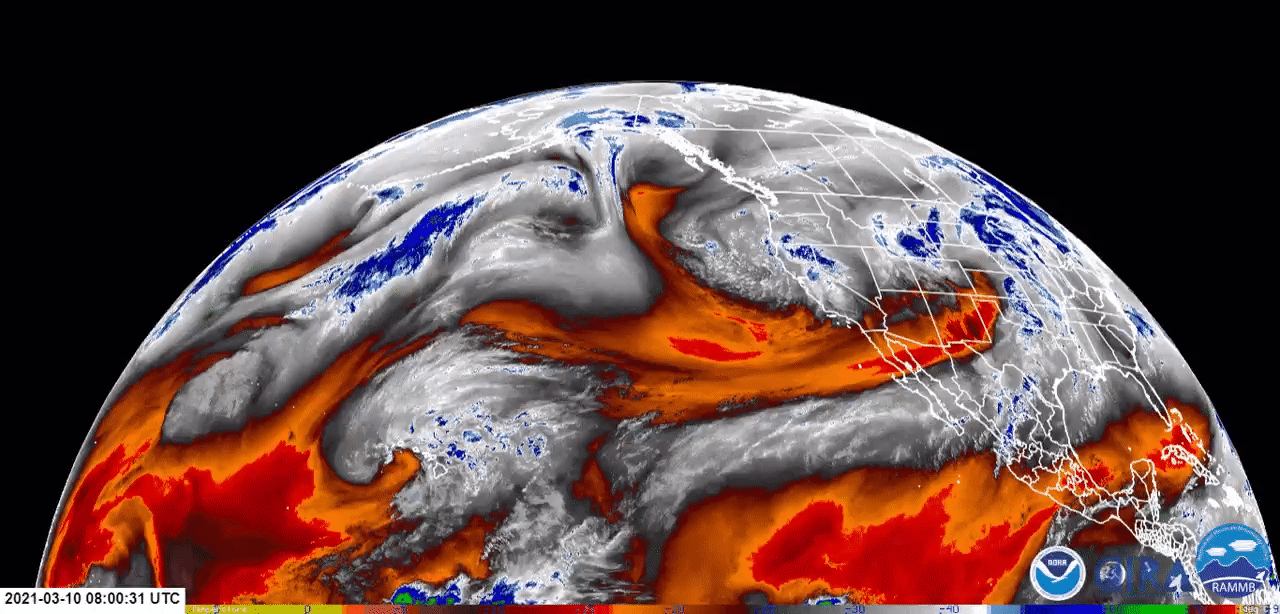Goldman puts the S in ESG; and why food giants might be the new fossil fuels
Welcome to Callaway Climate Insights. Our first anniversary is fast approaching. Please help us celebrate by sharing this report.

In the news: Read the Joint Statement following the visit of U.S. Special Presidential Envoy for Climate John Kerry to the European Commission.
It was only last week that Goldman Sachs Group (GS) entered the climate pledge frenzy with the same old, net-zero-by-2050 promise made by all the others. CEO David Solomon was obviously saving the best for last. Wednesday’s vow to invest $10 billion over 10 years in Black women and business sets a new standard for environmental, social and governance commitments, and hammers the S in ESG.
We expect to see several other banks follow suit on this one, as Wall Street seeks to run with the big dogs in Washington on racial equality as a key piece of the battle for climate solutions. Goldman’s One Million Black Women pledge should elicit some fascinating new ideas over the coming months as the money starts to flow.
Meanwhile, Goldman showed its prowess for making money as well as investing it, as it is part of a group that has put Japanese renewable company JRE up for sale, according to Reuters. With Big Oil companies looking to jump quickly into renewables to avoid shareholder backlash, it is a seller’s market for investors in wind and solar operations these days.
More insights below. . . .
Don’t forget to contact me directly if you have suggestions or ideas at dcallaway@callawayclimateinsights.com.
Wednesday’s insights: Solar cybersecurity threats; heat’s on for food businesses

. . . . What me, worry? That was the shrugged response over concern about cyber security when solar power systems started being installed several decades ago. But now, with the International Energy Agency predicting that solar power will provide about 25% of the world’s electricity generation by 2050, some say the grid is at risk, a la the SolarWinds hack. Read more about the innovations for safeguarding solar. . . .
. . . . Are food businesses the next fossil fuel giants? Agricultural companies making soy and palm oil and dairy companies have long been on environmentalist’s hot lists, but as global fund managers and investment banks begin making climate pledges about divesting fossil fuels, they are conspicuous among big bank holdings. Read what they have in common with oil companies, and what the food “renewables” of the future could be. . . .
. . . . The rise in ESG investing has been meteoric — and pretty much a free-for-all. But new efforts are being made to establish a common approach to decarbonized portfolios, and regulators are getting busy. Read about what to expect in new rulemaking as the sector continues its explosive growth. . .
News briefs: Copper prices shine; Aussies build a mega-battery
Editor’s picks:
Copper price gleams as globe goes green
There’s a huge battery being brewed Down Under
Rutgers University boots fossil fuel investments
Latest findings: New research, studies and projects
Climate finance: What are the ‘known unknowns’?
In a Future Development blog entry for The Brookings Institution titled Climate finance: What are the ‘known unknowns’?, Homi Kharas and Andrew Rogerson write “This year could prove — indeed must prove, for humanity’s sake — a watershed in terms of international commitments to halt unsustainable global warming in the run-up to the November 2021 Conference of the Parties (COP) in Glasgow, U.K. and beyond. The authors contacted three senior researchers affiliated with development and climate policy think tanks and asked them to name their No. 1 known unknown (KU) from four stylized one-line questions provided, or failing any of those, they invited them to frame another they felt was more important. Each then named two more experts asked to pick their own top KU, and in turn name two others they judged best-placed to do likewise, in a classic pyramid-selling cascade. They cut the expansion off after a month, having garnered 21 valid responses from 38 people approached, by when the potential list of KUs had grown to nine. The majority of the anonymous respondents are climate-focused policy researchers and advocates based in universities or think tanks, plus several from governments, intergovernmental organizations, and broader-based NGOs.
The top vote-getter for most important known unknown?
Do green trajectories deliver better economic outcomes in the short term, as well as the medium to long term, than business-as-usual?
The KUs tied for second place included:
Are deep decarbonization plans feasible for places like China that are simultaneously trying to grow rapidly?
Is (any) global growth consistent with limiting (global) temperature increase to 1.5°C.?
Looking ahead to what’s next, the authors write: “We all feel a sense of urgency to do something, but what? Inclusive, de-carbonized growth is the answer, yet the technical and financial pathways of how to get there are unknown. Our modest effort suggests that there are several big ‘known unknowns’ to add to the ‘unknown unknowns’ we also ignore at our peril, but are for now unable to identify, by definition. Asking the right questions before launching into the answers seems like a good place to start, even though time is short.”
More of the latest research:




